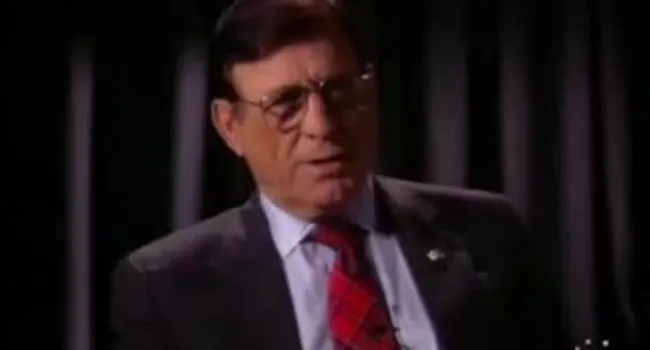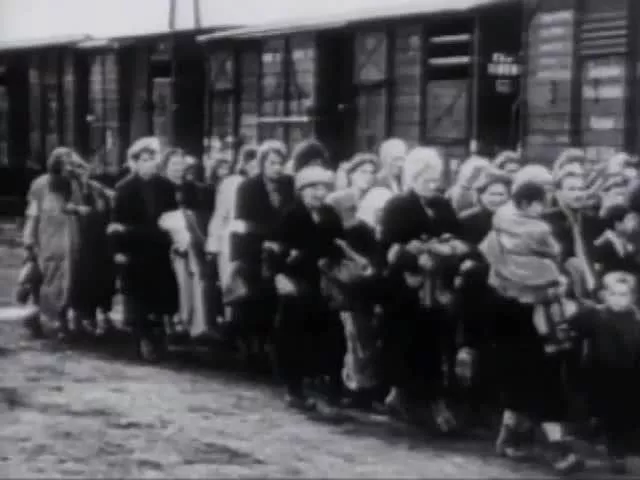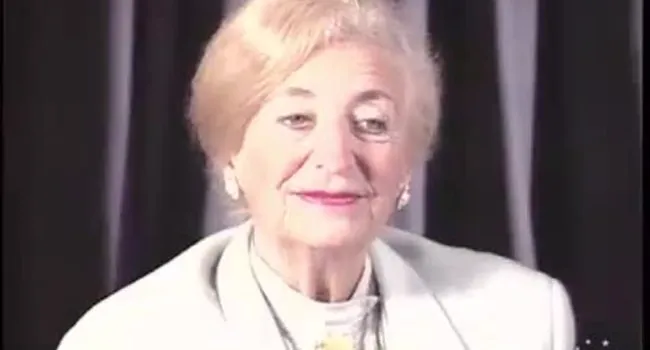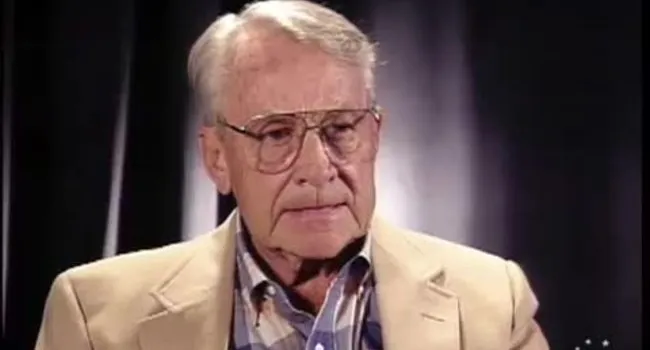
Video
Born in Greenwood, S.C., in 1919, John Drummond joined the Air Force and went to England. He was captured by the Nazis and shipped to a prison camp in Frankfurt where Americans were interrogated. Next...
The internationally recognized date for Holocaust Remembrance Day corresponds to the 27th day of Nisan on the Hebrew calendar. It marks the anniversary of the Warsaw Ghetto Uprising. Yom HaShoah in English is known as Holocaust Remembrance Day to commemorate and honor the loss of approximately six million Jewish people during the second World War. It is a national holiday in Israel and celebrated by Jewish people all over the world.
The United States Congress established the Days of Remembrance as the nation’s annual commemoration of the Holocaust. Each year state and local governments, military bases, workplaces, schools, religious organizations, and civic centers host observances and remembrance activities for their communities.
Jewish American Heritage Month (May)
Jewish American Heritage Month is an annual recognition and celebration of American Jews' achievements and contributions to the United States of America during the month of May.

Video
Born in Greenwood, S.C., in 1919, John Drummond joined the Air Force and went to England. He was captured by the Nazis and shipped to a prison camp in Frankfurt where Americans were interrogated. Next...
Video
Senator Strom Thurmond was with the 1st Army all through the war in Europe. They encountered Buchenwald near Leipzig, and he recalls "never having seen the like of what I saw there." He relays that...
Video
The Horry County native was sent to Fort Bragg, N.C. and then to Europe in 1945. In April 1945 at Ohrdruf Death Camp, he saw stacks of dead bodies and those left alive suffering from acute...
Video
Joe Engel was born near Warsaw, Poland in 1927. His father ran a luncheonette grocery. He went to public school in a small Jewish community and felt the animosity created by anti-Semitism. In 1942 all...
Video
Pincus Kolender was born in 1926 in Poland. In 1940 synagogues, schools, and businesses were closed to Jews, who were placed in ghettos. One always felt trapped in the ghetto. The Nazis treated people...
Video
Reverend George Chassy, an Episcopal priest in Columbia, joined the Air Force right after Pearl Harbor. He was part of the invasion at Normandy Beach. He found it incredible what Nazi power had done...
Video
Trude Heller's family narrowly escaped deportation to a concentration camp, but still had to live through other anxieties. At 14, she was made to quit school, and the family was forced out of their...
Video
Max Heller was born in Vienna in 1919 into an orthodox Jewish home. His father was a businessman. Heller drew strength from the Jewish community and from non-Jewish friends. Due to anti-Semitism...
Video
This West Columbia native was drafted in 1945 and sent to Germany. The soldiers he was with discovered the remnants of a concentration camp which Germans had just left. They saw the bodies of people...
Video
Born in 1920 in Greer, S.C., Horace Berry graduated from Clemson in 1941 and entered the service. As part of Patton's army, he was assigned to bury the dead and send surviving Jews to hospitals in...
South Carolina Council on the Holocaust
South Carolina Council on the Holocaust - The South Carolina Council on the Holocaust was established to develop an educational program to prevent future atrocities similar to the systematic program...